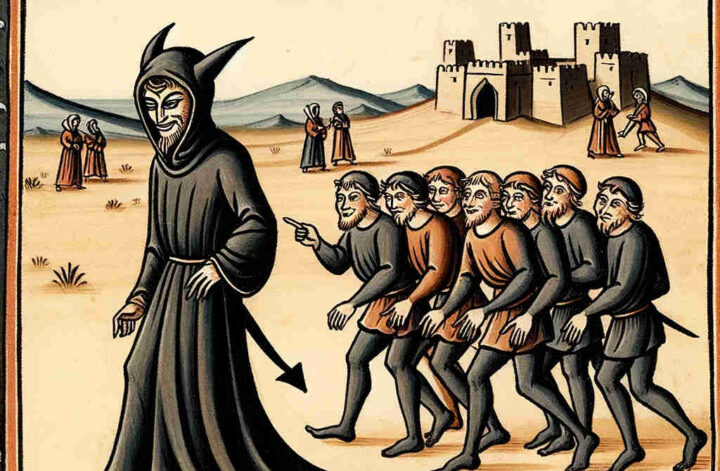Hello Theophilus,
As I engage with people of various faiths, I often ponder the Christian perspective on salvation, especially in relation to those who are not Christian, such as Muslims. Could you shed light on whether Christians believe that Muslims go to hell, according to traditional Christian teachings?
Sincerely,
Lydia
Salvation and Interfaith Understanding in Christianity
Dear Lydia,
Your question is both delicate and profound, touching on the broader themes of salvation, divine justice, and the eternal destiny of souls according to Christian beliefs.
Diverse Christian Perspectives on Salvation
Christianity encompasses a broad range of beliefs about salvation and who will receive it. Traditionally, many Christians have understood salvation to be through faith in Jesus Christ as the Son of God and the Savior of humanity, as stated in the Bible: “Salvation is found in no one else, for there is no other name under heaven given to mankind by which we must be saved” (Acts 4:12).
However, interpretations of how this applies to those of other faiths, including Muslims, vary significantly among Christians. Some hold to a more exclusive view, believing that conscious faith in Jesus is necessary for salvation. Others adopt an inclusivist approach, suggesting that God’s grace through Christ may extend to those who have not explicitly professed Christian faith if they seek God with a sincere heart and strive to live a righteous life according to the light they have been given.
The Catholic Church’s Position
The Catholic Church, for instance, acknowledges that salvation is through Jesus Christ but also teaches that those who are outside the Church through no fault of their own may still be saved. The Second Vatican Council’s document “Lumen Gentium” states: “Those who, through no fault of their own, do not know the Gospel of Christ or His Church, but who nevertheless seek God with a sincere heart, and moved by grace, try in their actions to do His will as they know it through the dictates of their conscience – those too may achieve eternal salvation” (16).
Evangelical and Orthodox Views
Many evangelical Christians emphasize the need for personal faith in Jesus Christ for salvation and may be more likely to hold to the exclusivist position. In contrast, the Orthodox Church emphasizes the mystery of salvation and often refrains from making definitive statements about the fate of those outside the faith.
Respectful Dialogue and Hope in God’s Mercy
It is vital to approach this topic with humility and a recognition of the ultimate mystery of God’s judgment, which is beyond human understanding. Most Christians agree that God desires all people to be saved and that He is both just and merciful. Thus, while recognizing the unique and salvific role of Jesus Christ, Christians are also called to hope in God’s mercy and engage in respectful dialogue with people of all faiths.
Conclusion
In conclusion, Lydia, there is no single answer that encompasses all of Christian belief on this matter. The Christian commitment to evangelization is rooted in a desire for all to come to know the love and salvation offered in Christ. Yet, there is also a profound respect for the mystery of God’s will and the possibility of salvation for all people, which underscores the importance of mutual respect and love in interfaith relationships.
May your interactions with believers of other faiths be enriched by a spirit of charity and a deep hope in the boundless mercy of God.
Peace be with you,
Theophilus


